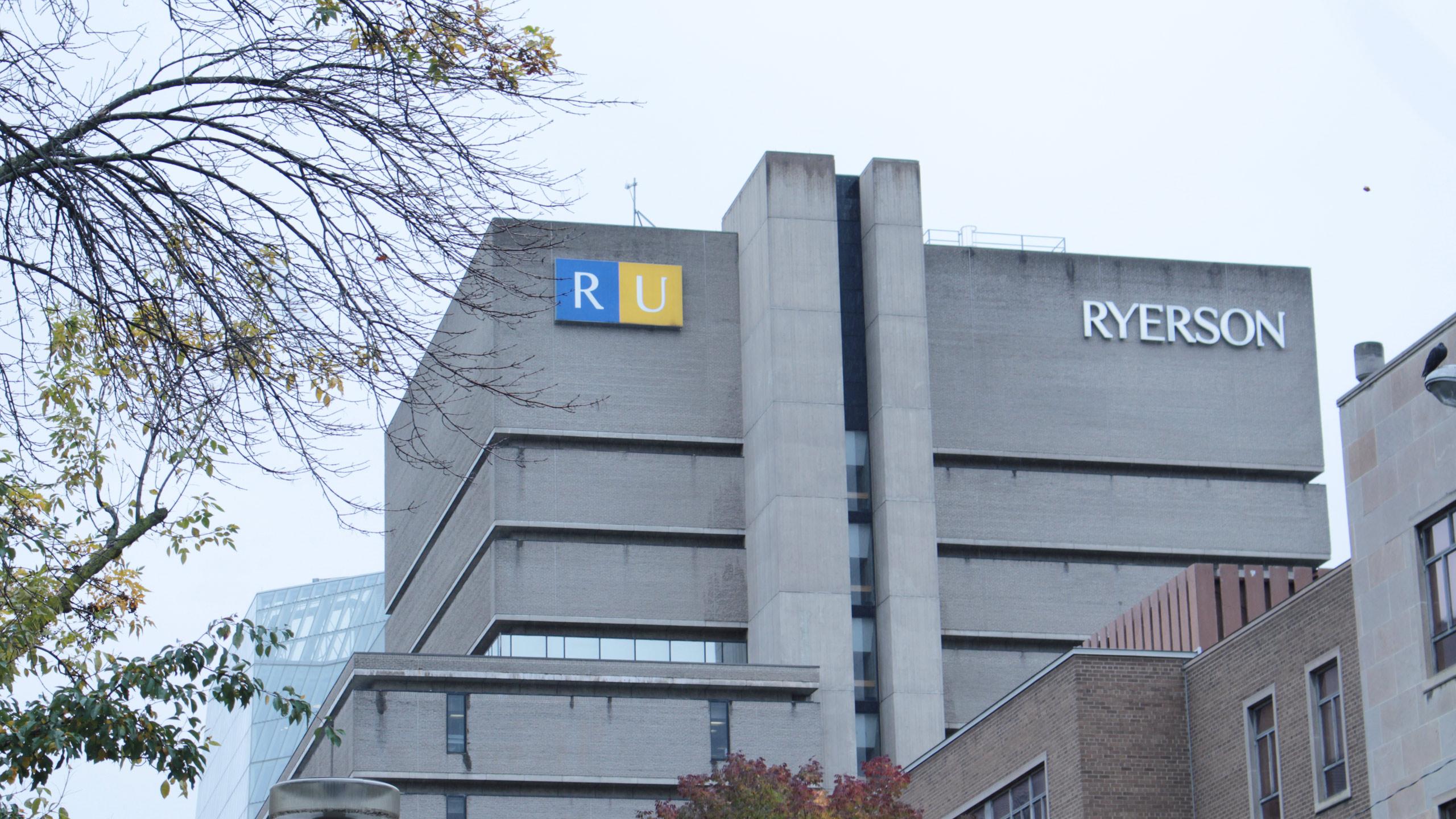By Thea Gribilas
During the March 30 Board of Governors (BoG) meeting, Ryerson president Mohamed Lachemi announced that the university would be receiving a planning grant from the provincial government.
As part of its 2021-22 budget announced on March 24, the Ontario government said it will provide Ryerson with a planning grant that will support their efforts to develop a medical school in Brampton.
According to Lachemi, this will be the first new medical school in Ontario in almost two decades.
“This announcement is evidence of Ryerson’s well-earned reputation as a leader in innovation [and as a] university that is always pushing for changes and pushing boundaries,” said Lachemi.
Though Ryerson requested a $1 million grant, it has not yet been confirmed how much funding the university will be receiving for the new school.
Planning for the medical school is being led by the School of Medicine planning committee and is chaired by vice-president, research and innovation Steven Liss.
Lachemi also said there will be a series of community consultations and other opportunities to provide feedback on what to include in Ryerson’s final proposal.
“We’re very encouraged by the vote of confidence coming from the provincial government in our efforts to transform medical education,” said Lachemi.
Here’s what else you missed at the March BoG meeting:
Fall 2021 planning
Saeed Zolfaghari, interim-provost and vice-president, academic, said Ryerson is currently planning for a number of different course-delivery options for the fall 2021 semester.
He said that the most pressing factor is space, with the government still enforcing a two-metre social distancing rule.
“This rule creates significant restrictions on how much in-person activity we can plan for the fall term,” said Zolfaghari.
“We are reviewing the regulations and discussing where there might be flexibility. Ultimately, we want students to have a positive learning experience, even if it’s not on campus,” he said.
As previously reported by The Eyeopener, the university plans to provide “a thorough update” on the fall semester by June 9.
International student enrolment update
Zolfaghari said Ryerson’s University Relations and international student enrolment, education and inclusion offices have developed a digital advertising strategy in an attempt to increase international enrolment.
He said through this program Ryerson has increased applications from India, the United States, Bangladesh, Pakistan and Nigeria.
“Ryerson is doing everything possible to support those who are navigating these processes,” said Zolfaghari.
Ryerson receives two new research chairs
According to Liss, Ryerson recently received notice of two new research chairs allocated to the university by the Government of Canada.
Liss said Ryerson currently houses 23 Canada research chairs in areas including psychology, immigration and settlement, digital media and cyber security.
“These investments and renewals support excellence across the university,” said Liss. “We continue to benefit from the continued growth of our research enterprise to secure those investments from the federal government.”
Ryerson’s Future Skills Centre update
The Future Skills Centre (FSC) was launched in 2019 in association with Blueprint and the Conference Board of Canada. It seeks to assist Canadians in gaining the necessary skills to thrive in the workforce by teaching them how to be adaptable in workplace settings.
According to its website, the FSC is “a pan-Canadian organization dedicated to creating a future in which everyone has life-long access to high-quality career advice and learning opportunities.”
In the last two years, the FSC has launched 120 innovation projects in collaboration with more than 5,000 partners and has published almost 60 research studies.
Liss said it also focuses 50 per cent of its funding to the needs of underrepresented population groups to “lower the barriers to the labour market as well as being able to pivot in the time of COVID.”
According to its website, the FSC puts an “emphasis on addressing barriers and engaging underserved groups, such as women, youth, Indigenous Peoples, newcomers, racialized people, LGBTQ2S+ people, persons with disabilities, veterans and Canadians living in rural, remote and Northern communities.”
Liss said that although the FSC was not set up to be a first responder during the pandemic, with all of the disruptions that occurred in the labour market when COVID-19 hit, Ryerson researchers have become important at the forefront of the pandemic response.
“We’re really excited with respect to the work and the impact that the FSC will have over the next three years,” said Liss.
The next BoG meeting is expected to take place on April 26, 2021.













Leave a Reply